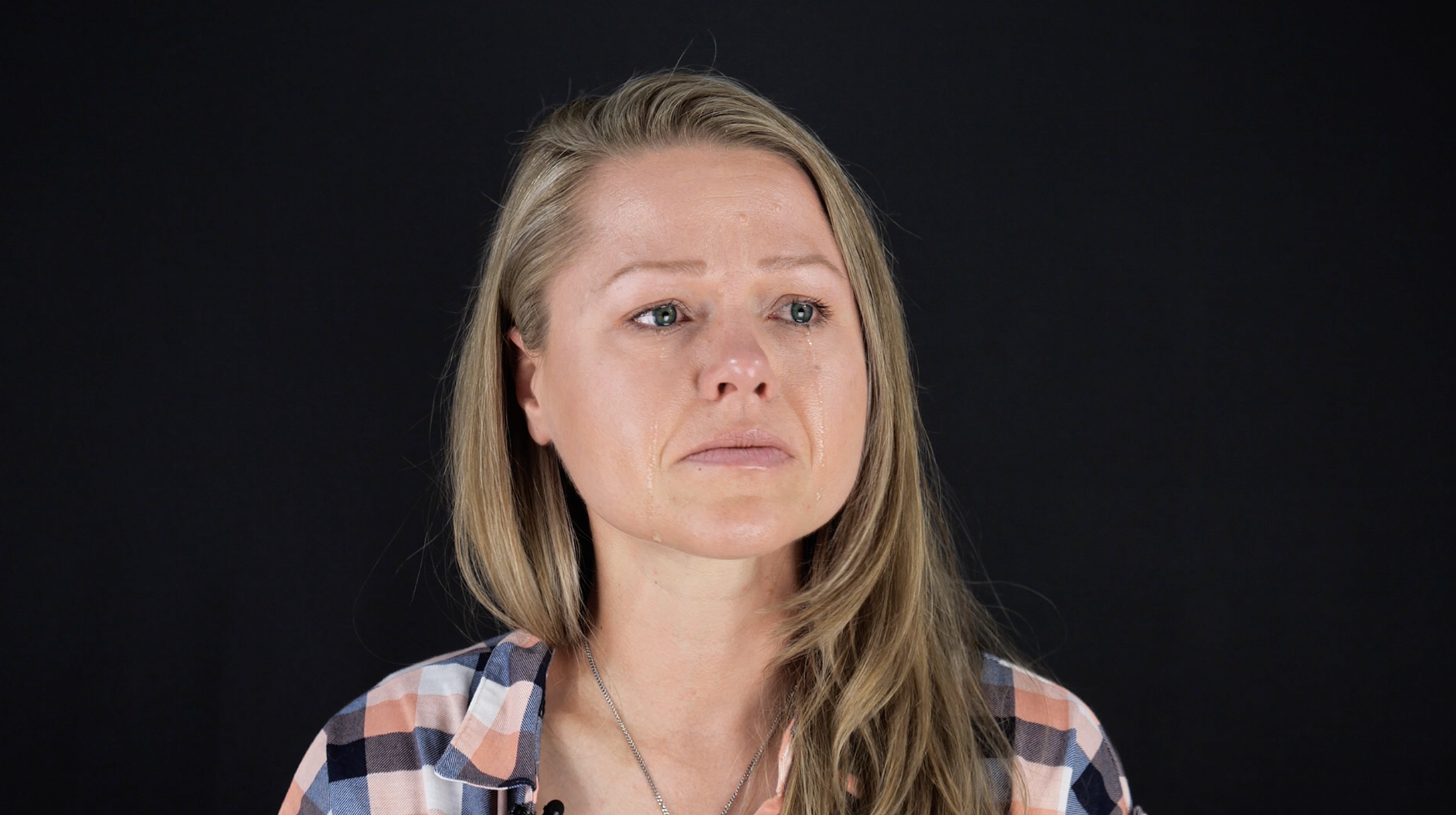This piece was originally published by the Nevada Current by April Corbin Girnus.
The State of Nevada on Tuesday agreed to pay $340,000 to a group of inmate firefighters who alleged they were mocked and denied immediate medical care after inadequate equipment led to second-degree burns and their socks melting to their feet.
The state also approved a $126,500 settlement for a woman who was stripsearched and interrogated by corrections officers while attempting to visit her boyfriend at High Desert State Prison.
The Nevada Board of Examiners — comprised of Gov. Joe Lombardo, Attorney General Aaron Ford and Secretary of State Cisco Aguilar — approved the two settlements during a brief meeting Tuesday. State law requires the board’s approval for tort settlements above $100,000.
In a memo to the board, the state attorney general’s office recommended both settlements in order to avoid the costs of litigation and potential adverse judgments.
The $340,000 settlement will be paid to eight former and current inmates who were injured in April 2021 while working for the state’s wildland firefighting program, which is operated by Nevada Department of Corrections and the Nevada’s Division of Forestry.
As wildfire season 2019 winds down, it's important to look back at the strong partnership between NDOC and Nevada Division of Forestry, and the work Nevada's minimum-security inmates did in support of fire fighting efforts throughout the western United States. pic.twitter.com/mZlRUwgBqM
— Nevada Corrections (@NevadaDOC) October 14, 2019
Seven of the eight plaintiffs were women assigned to Jean Conservation Camp, and the eighth was a man assigned to Three Lakes Valley Conservation Camp.
The inmate firefighters alleged that in April 2021 they were transported to an area near Laughlin to “clear out red-hot embers, churn burning soil and rip out tree stumps” after a large wildland fire. When they reported the ground was still smoldering and burning their feet through their boots, supervisors “mocked and ignored” them, according to the lawsuit.
When the sole of one boot came off, a supervisor allegedly instructed the inmate to duct tape it back on and get back to work. Another supervisor allegedly told an inmate firefighter who was crying in pain that she could “keep crying as long as you keep working.” A third supervisor was reported to have said he didn’t want to see an inmate’s injured feet “cause then I would have to do paperwork…”
The women alleged they did not receive medical care that day, despite forestry and corrections staff seeing they were visibly injured — some to the point of being unable to walk and resorting to crawling on their hands and knees to the showers and restrooms. It was only after other inmates reported their condition to the camp nurse the following day that the women’s injuries were evaluated.
As part of the settlement, the Division of Forestry has agreed to provide “renewed, expanded training” to its supervisors and incarcerated firefighters in areas like equipment standards and inspections, as well as regarding disciplinary procedures for employee misconduct.
The lawsuit cited a Nevada Inspector General’s investigation into the incident that concluded the inmates had been “academically trained” on the activities they were assigned but “never involved or trained in the practical application.”
That report found the state-issued boots used by the inmates were “in absolute horrible condition” — with the oldest pair being from 2013 and the newest being from 2018.
NDOC as part of the settlement has agreed to implement a policy to ensure that any incarcerated firefighter who reports a work-related injury not be reassigned in retaliation. One woman reported she was afraid to push for medical attention out of fear she would be sent to a higher security facility.
Jean Conservation Camp and the inmate firefighting program have come under criticism in the past. Inmates are paid a subminimum wage of $24 per day. Some lawmakers believe it to be a modern form of the post-Civil War practice of convict leasing.
According to the lawsuit, incarcerated people made up approximately 30% of the Division of Forestry’s fire response capacity in 2021. More recently, Nevada has scaled down its inmate wildland firefighter program and consolidated some of its conservation camps, citing a lack of qualified inmates.
The American Civil Liberties Union of Nevada represented the inmate firefighters in their now-settled lawsuit. Three of the eight plaintiffs are no longer incarcerated, according to the settlement document. Of the five plaintiffs still incarcerated, one is in transitional housing, one remains at Jean Conservation Camp, and the others are housed at different NDOC facilities.
Each plaintiff will receive between $24,200 and $48,400.
“We filed this case to make sure no firefighter is ever treated like this again, and the changes in policies and training required by this settlement agreement are a mark of progress for the state of Nevada,” said ACLU of Nevada Legal Director Chris Peterson in a statement. “People who are incarcerated are not disposable laborers, and we will continue to fight slavery in all of its forms in the state of Nevada.”
$126k to stripsearched woman
The second settlement approved by Nevada’s Board of Examiners Tuesday involves a woman who was stripsearched and interrogated while attempting to visit her incarcerated boyfriend in 2017.
Sonjia Mack alleged in a lawsuit she was subjected to a stripsearch by NDOC officers at High Desert State Prison while attempting to visit her incarcerated boyfriend. Mack alleged she did not provide consent and was not given the opportunity to leave the prison facility, a violation of her constitutional rights and prison policies.
Despite no contraband being discovered on Mack, NDOC denied her visitation that day and later suspended her visitation rights indefinitely.
Mack’s case, which she first filed in 2018, led to what some have described as a significant ruling from the Nevada Supreme Court. In December 2022, Nevada’s high court ruled that government officials can be sued for civil rights violations under the state constitution and that they are not covered by qualified immunity.
Date
Thursday, November 16, 2023 - 2:30pmFeatured image

